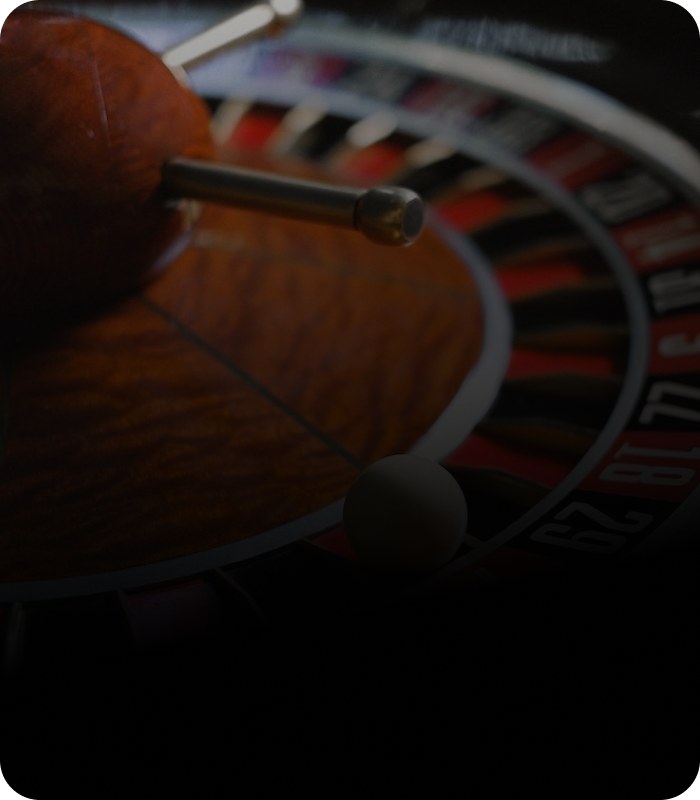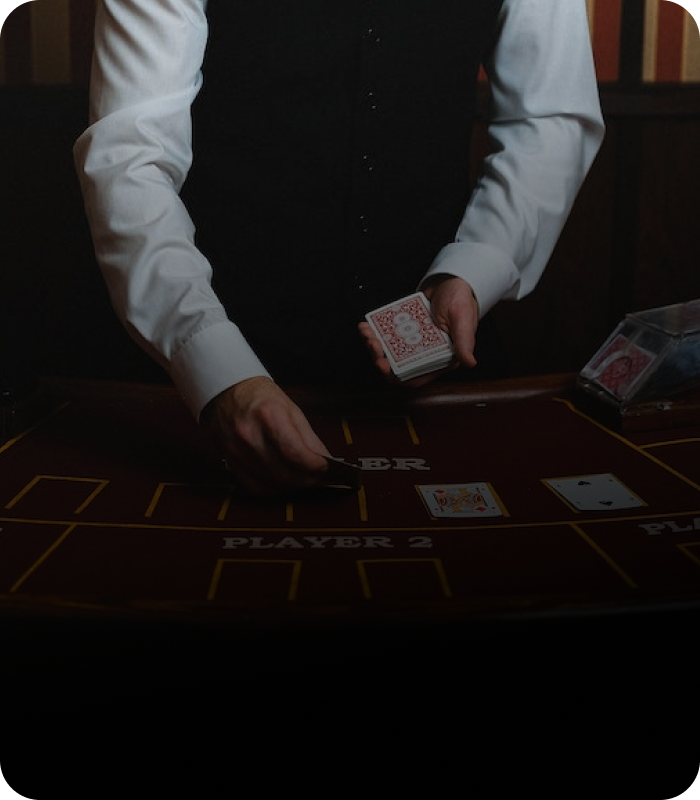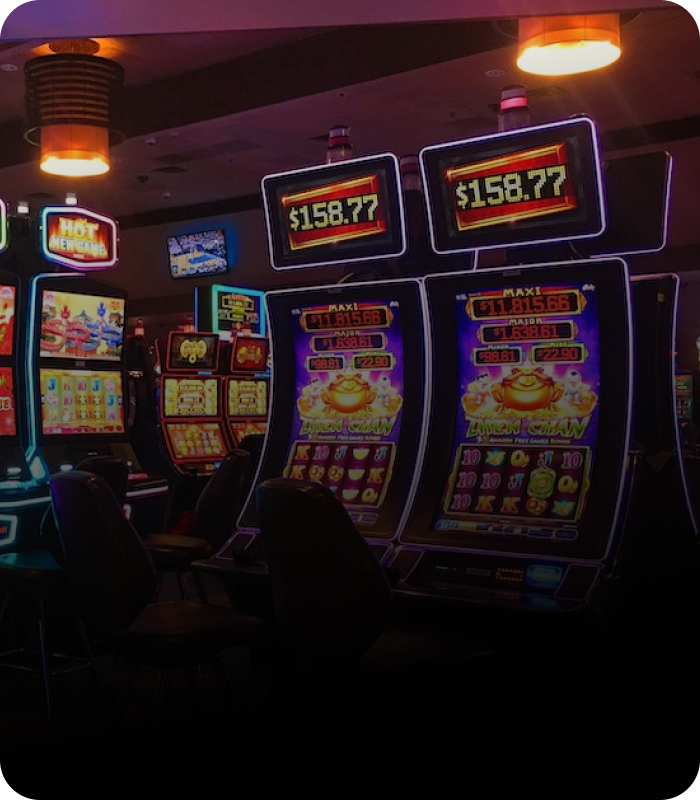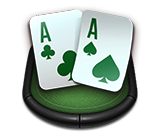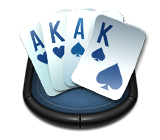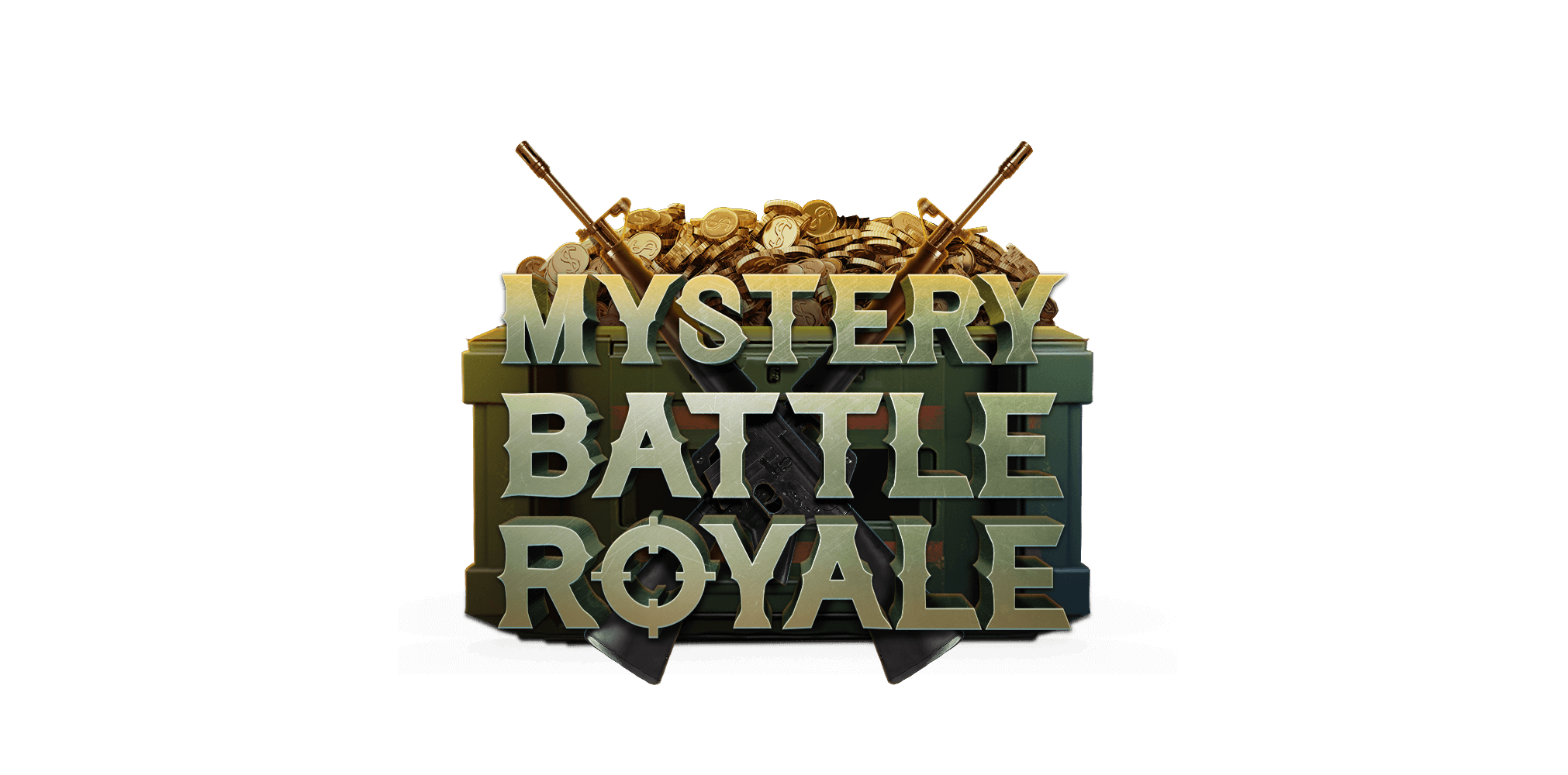
The convenience and fun of playing online poker can't be disputed. Playing against poker fans from around the globe from the comfort of your home is a great way to spend an evening. But there's just something about playing poker face-to-face that can't be beaten.
How to set up a poker game at home?
While it requires some planning and effort, setting up, organising, and hosting your own home poker game can be extremely rewarding and not that complicated. This guide will walk you through everything you need to know to set up your own home poker game, from choosing the right game and stakes, home poker etiquette, the people to invite, and the snacks to serve.
Pick the Right Poker Game
The first step is to decide which poker variation to play. In recent years the most popular poker game has to be Texas Hold'em, and most recreational players are familiar with the game. Other popular variations include Omaha and Seven Card Stud.
Hold'em is the safest bet, pun intended, and the easiest to learn for poker newbies. However, if you have a group of experienced poker players, they might enjoy playing one of the more complex variations. Chat to your poker buddies and see what they would prefer to play.
As the host, you should brush up on the rules, even if you are familiar with the game, as you will be responsible for enforcing them. There is nothing worse than a heated argument over a technicality that could have been avoided. A few games online before your poker night will also help you refresh your memory.
Here's a brief summary of the basic poker rules for the big three variations. All three of the poker games share the same hand rankings.

Texas Hold'em
The basics of Hold’em are simple. The players are dealt two-hole cards, face down, starting from the player to the left of the dealer, which is indicated by the dealer button. Five community cards are then placed in the centre of the table. The goal is to make the best five-card hand possible using a combination of the hole cards and the community cards.
The first three community cards are known as the flop, and the fourth and fifth are known as the turn and river, respectively. Players can bet on each round, and at the end of the final round, the players reveal their cards, and the best five-card hand wins!
As we've mentioned already, Texas Hold'em is a good starter game because it's relatively easy to learn and is the most popular poker variation.
Omaha
Texas Hold’em poker is the most popular poker game in the world, but Omaha is a close second. Omaha is similar to Texas Hold’em, with a few differences. Players receive four hole cards instead of two. The second difference is that players must use two of their four cards and three of the five community cards to make their hands.
Other than that, the differences are minor, and for someone who has played Hold'em before, learning Omaha should be a breeze. Many consider Omaha to be the more 'action-packed' game of the two.
Seven Card Stud
Before Texas Hold'em stole its thunder, Seven Card Stud was the poker game of choice. This could be a good option if a more old-school poker experience appeals. Just tell your guests to hang up their six-shooters at the door!
There are five rounds of betting in Seven Card Stud, and each player is dealt seven cards throughout the game. The first two cards are dealt face down, and the remaining five are dealt face up. Because players have more information as the game progresses, Seven Card Stud can be a very exciting game.
The goal of Seven Card Stud is to make the best five-card hand possible from the seven you have been dealt.
Find Players for Your Poker Home Game
You might already have an idea of who you want to invite to your poker home game; if so, ignore this section.
Family and Friends
The best place to start is with family and friends who you know enjoy playing poker or have at least expressed interest in learning. If you're stuck for ideas, try thinking about people in your social circle who you know enjoy gambling or playing cards in general.
Work Colleagues
Your next port of call would be your co-workers. In many cases, playing poker with work colleagues can be more fun than playing with friends or family. They can let their hair down, and you might see another side to them that you never knew existed.
Online Poker Groups
If you are still struggling to find enough people to make up a good game, try posting in relevant online forums or social media groups. For example, if you live in a big city, there are likely to be Facebook groups for poker players in your area.
The caveat to finding players online is to be careful. Inviting a stranger into your home can be dangerous. Always meet in a neutral, public place first to get a feel for the person, and only invite them to your game if you're comfortable with them. It isn't necessarily that they will rob you blind (we've seen the movies, we know how these things go), but their temperament could spoil the game for everyone.
How Many People to Invite?
 Another consideration is how many players you are going to invite. Luckily games such as Texas Hold'em can be played with just two players if you have trouble rustling up a big group. But the ideal number of players for most home poker games is between 4-10. Of course, this depends on the size of your table and how much space you have. Cramming in too many people can make the game less enjoyable for everyone involved.
Another consideration is how many players you are going to invite. Luckily games such as Texas Hold'em can be played with just two players if you have trouble rustling up a big group. But the ideal number of players for most home poker games is between 4-10. Of course, this depends on the size of your table and how much space you have. Cramming in too many people can make the game less enjoyable for everyone involved.
You'll also need to decide what sort of vibe you want for your poker home game. Is it going to be a laid-back affair, or are you planning on upping the ante and making it a more serious game? The type of players you invite will play a big part in this.
Poker Game Invites
It's always a good idea to send out a formal invitation to save any confusion and give your guests plenty of time to RSVP. The simplest way is to email or message them on Facebook or other social media platforms. You could also get creative and design your own personal poker night invitations to send out to people.
You'll want to include all the essential information, such as the date, time, location, and what type of poker you'll be playing. It's also worth sending out a reminder a few days before the event so that everyone knows it is still happening and nobody has forgotten. You might think this is all a bit over the top, but planning ahead will make your life a lot easier.
Source Your Poker Home Game Equipment Essentials
A good poker night starts with having the right supplies. While you don't need a ton of bells and whistles to have fun, a few essential items will help make your game run smoothly.
The three essentials are a poker table, poker chips, and a deck of cards. How much you spend on these items is up to you and your budget. Unless you are really out to impress, a simple and cheap setup is best. You can always upgrade to something more professional once you have a few successful poker games under your belt. And your fellow poker buddies might even chip in to help with the costs.
You can easily purchase everything online, and it’s well worth searching for used or second-hand items to save some money. For example, you might be able to find a used poker table on Craigslist or eBay. You don't have to spend a fortune in order to play poker with your friends and have the best time!
Poker Table
A dining table or kitchen table can be used for poker, though not as ideal as a dedicated poker table. You can buy fold-up poker tables for around $200, which is an excellent investment if you plan on hosting regular cash games or poker tournaments. Many people make do with just a poker mat; these can be purchased for under $50. The main thing is to ensure that the cards don't slide around and everyone has enough space to play poker comfortably.
Poker Chips
 Poker chips come in many different materials, from plastic to clay. If you've ever played at a real-life casino, you might have noticed that they use clay chips, as they have a satisfying weight and feel. Whatever material you use, ensure that you have enough chips for each player.
Poker chips come in many different materials, from plastic to clay. If you've ever played at a real-life casino, you might have noticed that they use clay chips, as they have a satisfying weight and feel. Whatever material you use, ensure that you have enough chips for each player.
How many chips do you need? Typically, a minimum of 50 chips distribution per person is recommended. It’s always best to have a few spares, though, in case you lose a few chips under the couch cushions!
You can buy cheap plastic counters by the 100 or aluminium-cased sets of 500 for between fifty to a hundred bucks. If you want to go all out, then a 1,000-poker-chip set will cost you closer to $200. Most sets consist of four chip colours, which represent different values.
Playing Cards
Last but not least, we have playing cards, arguably the most crucial piece of equipment for any poker game. While any deck of cards will do in a pinch, a few well-known brands stand out. You want to make a good impression on your poker buddies, so it might be worth splurging on a nicer deck of cards.
On the budget end of the spectrum, Bicycle playing cards are a solid choice. These can be found for around $5 per deck. Copag and Kem meet the needs of more serious players and cost around $15-$20 per deck. These brands are known for their durability and high-quality printing. Copag claims that their decks can last up to 50 times longer than a conventional deck. So a little upfront investment can save you money in the long run.
House Rules
Before you open your home to a rousing game of poker, it's important to set rules. As they say, you're the boss, your home, your rules! You don't have to be a fun-killer, but a few simple guidelines will help to ensure that everyone enjoys themselves and that the game runs smoothly.
For instance, you might have house rules regarding if players can smoke or drink at the table. If children are around, you might want to set a rule of thumb about no swearing.
One of the most important things to consider is how you'll deal with latecomers. It's not uncommon for people to show up late to home poker games. However, this can cause problems as it disrupts the flow of the game. A good rule to set is that anyone who arrives more than 30 minutes after the agreed start time will not be allowed to join in.
You'll also probably want to set an end time for your game; you don't want your poker buddies setting up camp in your living room all night.
It will also depend on your individual circumstances; you can obviously be more lenient with your rules if you are a single guy with no kids. But if you have kids and a wife at home, you might want to be a bit stricter. You don’t want to be in the dog house after your buddies leave because your wife is mad that you let them smoke cigars, swear, and drink whiskey all night! That's not what home games should be about.
The most important thing is that everyone is on the same page and knows what to expect.
Cash Games vs. Home Poker Tournaments
You've got the equipment, the players, and the house rules sorted. Now it's time to decide what format you want your game to take. It typically comes down to two options, cash games and home poker tournaments.
Cash Games
In a cash game, players buy-in for a set amount of money and can rebuy if they use up all the chips. The game continues until players decide to leave or the host calls it quits for the night. Cash games are generally considered to be the more relaxed of the two. Many people play poker to let out some steam and socialise, so it's often a perfect pick for a casual home game environment. You and other players can relax, exchanging laughs and learning from one another.
Another advantage of cash games is that if any players need to leave early, they can simply cash out and leave. This isn’t possible in a home poker tournament, where players are eliminated as they lose all their chips.
And the poker chip distribution is super easy – players receive as many chips as the amount they buy in for.
We'd recommend a cash game to start with, but you can always mix it up and have a tournament every now and then to keep things interesting.
Home Poker Tournaments
A home poker tournament is a bit more structured than a cash game. Players buy in for a set amount of chips, and the game continues until one player has as many chips as there are in the game.
You can opt for a winner takes all format, or if you have a large enough group, go with a different payout structure where you share the pot between the top 2 or 3, with the winner getting the lion’s share of the prize pool.
Tournaments generally take longer to play than cash games and require a bit more organisation. Although they generally generate more money for a winner or winners than cash games, they are also more complex and time-consuming. If you just started playing poker or organising home games, a tournament may not be the most suitable choice.
If you’re thinking of hosting a tournament, you can use a home poker tournament software such as Poker Tournament Manager. This will make running the tournament a lot easier and ensure that everything runs smoothly.
Deciding on the Stakes and Chip Denominations
This comes down to the financial resources of your friends and at what level they are comfortable playing. If you have many people involved who are new to poker or have a limited bankroll, sticking with lower stakes makes the most sense.
You'll also need to decide on the chip denominations you will use. This can be anything from $1 chips up to $100 chips. It's generally best to stick to around four denominations so that players don't end up with stacks of different chips that are difficult to count and keep track of.
Most poker players will expect a cash prize, but if you want to play for fun with a few family members, you can always offer a prize for the winner instead of cash. This could be a bottle of wine or even a trophy that the winner gets to keep until the next game.
Setting and Increasing the Blinds
The blinds are an important part of any poker game, and home games are no exception. Poker blinds are two forced bets that must be made by the two players to the dealer's left before any cards are dealt. The purpose of the blinds is to ensure that there is always some money in the pot.
The small blind is half of the big blind. So, if the big blind is $10, the small blind would be $5. The size of the blinds will increase at set intervals, typically every 20-30 minutes. As the host, this will be another responsibility that you'll need to take on.
You’ll need to keep an eye on the time and increase the blind levels when necessary. You can download handy poker blind timer apps that will do this for you and give you an alert when it’s time to raise blinds.
It's also worth sticking to a max buy-in of 100 big blinds. Most games apply this rule, as this blind structure allows sufficient play and levels out a field a little.
Home Poker Etiquette
Somewhat similar to your 'poker house rules,' a set of generally accepted etiquette rules should be followed when playing in a poker home game.
Guests should be respectful - Just because you're playing in a casual setting doesn't mean that manners should go out the window. Guests should be respectful of their hosts and fellow players at all times.
No cell phones - One of the cardinal rules of poker is that there should be no distractions at the table. This means no cell phones or other devices. The only exception to this rule is if you're using your phone as a timer for the blinds.
Be a good host - If you're hosting the game, it's your responsibility to make sure that everyone is comfortable and enjoying themselves. This includes providing food and drinks and keeping things running smoothly.
Keep breaks to a minimum - If you have players who are constantly stopping play for a smoke break or to use the restroom, it can disrupt the game and make it go on much longer than it needs to.
Final Thoughts
So there you have it, everything you need to know about setting up a poker cash game or tournament in the comfort of your own home.
Home poker games, internet poker, and land-based poker rooms all have their own qualities that make them unique and fun in their own way. But there’s something special about home poker. Maybe it’s the casual, relaxed atmosphere or the chance to socialise with some of your favourite people.
Hosting poker games at home can be challenging but great fun as well! It's a fine line between running a tight ship and providing a relaxed environment where your friends can enjoy themselves. But with a bit of practice, you'll be hosting successful home poker nights in no time!
Frequently Asked Questions (FAQs)
Q: Is it legal to host a poker home game?
A: The general rule says that it is legal to host poker games as long as no house rake is taken and all participants are of legal age. However, it is important to check with your local jurisdiction to ensure that there are no laws prohibiting poker games in private residences.
Q: What should I do if someone is suspected of cheating during my home poker game?
A: This is a challenging one, and diplomacy is key. If you're sure that someone is cheating, the best thing to do is quietly pull them aside and explain your concerns. If they deny it, there's not much you can do except keep a close eye on them and try to catch them in the act. However, if they admit to cheating, you'll have to decide whether or not you want to kick them out of the game. This can be difficult if they are a family member or close friend, but it's your prerogative as the host.
Sign up for a free account with Natural8 and start playing today! And don’t forget to subscribe to our newsletter to get the latest poker tips as well as info on the upcoming poker events.

.webp)









